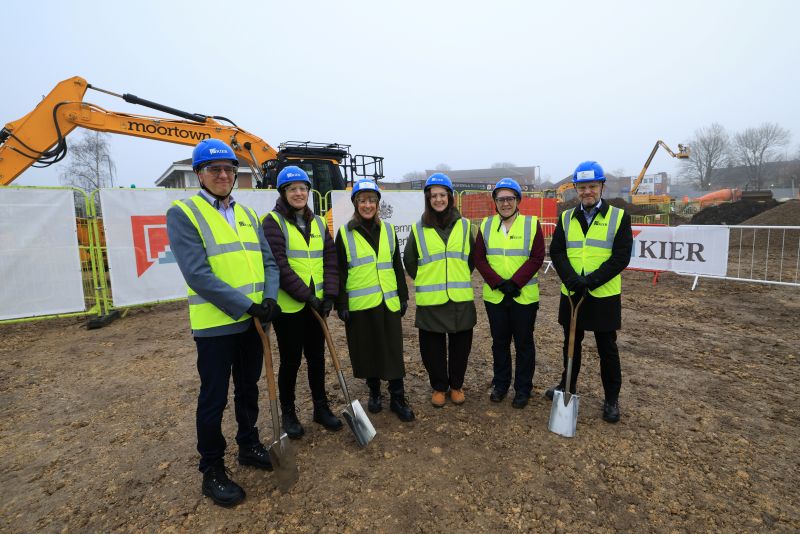Taking a new approach to designing city streets and other transport infrastructure could make a significant impact on improving public physical and mental health, a report by Arup, BRE, University College London and AREA Research has shown.
The study, Health + Mobility: A design protocol for mobilising healthy living, provides civic leaders, city planners and architects with a guidance protocol that can be applied in any urban setting. This is aimed at helping cities identify the health issues that can be influenced by taking a more holistic approach to transport design.

The research team of public health specialists and built environment professionals found something as simple as the design of streets, pathways and networks could have a significant impact on encourage walking, cycling and other physical activities.
The Liverpool Knowledge Quarter in the UK (pictured) and the Baton Rouge Health District in the US were chosen to test the transport design protocol in a real life setting. It’s application to the Liverpool site highlighted a range of measures that could be implemented to improve underlying health issues in the area. This included reducing the amount of wide and busy roads through to efficient transport planning and road layout changes and creating more attractive pedestrian and cycling networks. These changes could facilitate better street life, improve air quality and encourage people to be more physically active. Through these proposed interventions the Liverpool Knowledge Quarter has the potential to help the wider city of Liverpool move towards a healthier environment.
The report’s guidance comes as the NHS is placing increasing emphasis on wellbeing and prevention to help relieve pressure on its services. The numbers of people suffering chronic diseases, such as stroke, asthma and diabetes, are increasing, posing significant cost burdens on the NHS. The cost of treating diabetes-related conditions alone in the UK was £10 billion in 2011-2012.
Helen Pineo, associate director for cities at BRE and one of the authors of the guidance, said: “The challenges are so great that they cannot be resolved by health services alone. Planners and designers all have a part to play in promoting health and wellbeing in our cities, and this protocol gives them the tools to create healthier places, without requiring a knowledge of the specialist language of the health sector.”




















